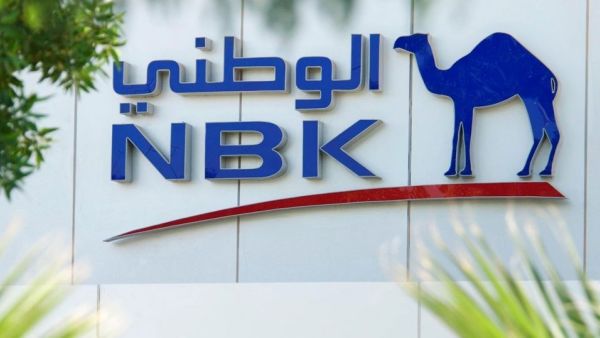GCC and Egypt Economic Outlook Hinges on Continued Reforms NBK Research

The GCC and Egypt’s economic growth and public finances improved in 2018 amid higher oil prices, infrastructure development, diversification programs and fiscal reform.
According to research published by the National Bank of Kuwait (NBK), solid growth is expected in the coming period, while sensitivity to oil prices remains a significant downside risk to the GCC.
Egypt has seen significant progress on the macroeconomic front, but deep structural reforms are needed to enhance private sector role in the economy and spur growth.
NBK Group Chief Economist, Dr. Saade Chami, commented:
“The GCC non-oil economy has seen general improvements. Higher energy prices, expansive public investments and private sector stimulus programs have spearheaded output gains. Looking forward, across the region governments will need to strike a balance between the need for fiscal sustainability and boosting non-oil private sector growth.”
Global macroeconomic forces including lower oil demand and possibly lower oil prices as a result of trade disputes, are likely to have an adverse impact on the region, an impact that could partially be compensated by the expected reduction in US interest rates and consequently in most GCC countries. Further efforts towards diversification and continued progress in fiscal, private sector and regulatory reforms will be needed in the medium term.
Kuwait’s economic performance steady; reforms should improve outlook
Economic growth will remain steady in the 1-3% range over 2019-21, capped by oil sector growth as a result of the recently extended OPEC+ agreement. With accommodative monetary policy and expected increase in public spending, non-oil growth will rise gradually to 2.8% by 2021.
“Kuwait’s fiscal balance might register its first surplus in four years, a result of higher oil prices and lower spending. The country’s substantial financial buffers provide a cushion against adverse shocks. However, with expected widening of budget deficits, fiscal reforms will be necessary to reduce pressure on the General Reserves Fund. Boosting private sector growth is critical for creating jobs for the increasing number of Kuwaitis entering the labor force.” Dr. Chami said.
Saudi non-oil activity improving amid record public spending
Saudi Arabia’s economy is into its second year of recovery after contracting in 2017. Driven by record government spending that aims to develop and stimulate the private sector, create jobs, cushion subsidy cuts and diversify the economy, non-oil activity is expected to accelerate from 2% in 2018 to 3.2% in 2021.
“Oil sector activity will remain subdued as Saudi Arabia is leading efforts to manage OPEC oil supply. Public finances are improving thanks to higher tax revenues, but the deficit will continue to weigh on public debt. Risks to the outlook stem from continued sensitivity to oil prices, slow diversification, and limited private sector employment growth.” Dr. Chami added.
UAE non-oil economy to remain supportive of growth
UAE economic growth should trend higher over 2019-2021, led mainly by ongoing gains in non-oil sector activity and by a pick-up in the oil economy. NBK foresees real GDP growth edging up from 2.2% in 2018 to around 3.0% in 2021.
While the UAE could be affected by trade tensions, slowdown in global economic growth, and oil price movements, the recently announced growth-enhancing structural reforms are likely to temper these risks and support growth going forward.
“Accommodative monetary policy, supported by the low global interest rate environment, improved public finances, policy-making agility and pro-investment reforms will provide impetus for stronger economic performance.” Dr. Chami said.
Egypt on the right path, but challenges remain
The outlook for Egypt is promising. Significant progress has been made towards reform, and robust economic growth is expected to continue. As Egypt continues to implement its ambitious economic reform program, GDP growth accelerated from 5.3% in FY17/18 to 5.6% by the end of March 2019.
Inflation remains relatively high, but expected to trend lower over the next couple of years, which could be followed by a drop in interest rates with positive impact on economic activities and on the high cost of borrowing. However, to sustain the good economic performance over the medium term, the authorities need to focus more on much needed structural reforms to enhance the role of the private sector in boosting growth and creating jobs, reduce poverty, lift the standard of living of the population, and ensure that the benefits of reform are widely shared.
Background Information
National Bank of Kuwait
The products and services offered by NBK Jordan Corporate Banking are on par with the top private banks in the world and NBK is confident that all your expectations will be exceeded.
You can take your business to the next level with ease. With NBK Jordan you can fund the growth of your business with a wide range of financial solutions tailored for your needs.
NBK Jordan provides innovative products and services offering solutions to even the most complex business strategy.
We take the time to understand your business, and work with you to take advantage of our full range of financial products and services that can help you streamline your financial operations, manage daily business needs, and pursue the long-term plan you have for your company.






